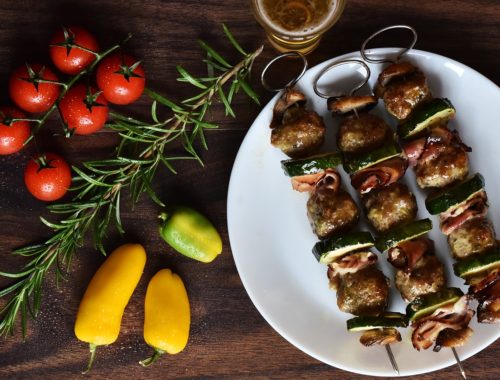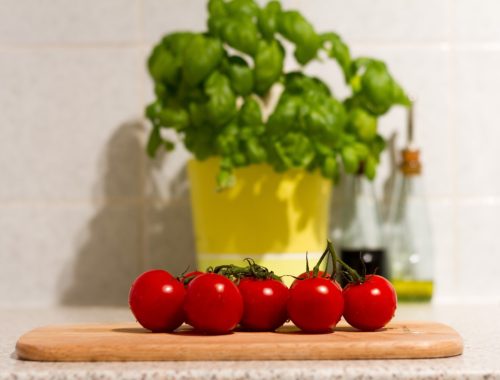Prevent
Diets Account for 30% of Cancer: These Tips Can Help Lower Your Risk
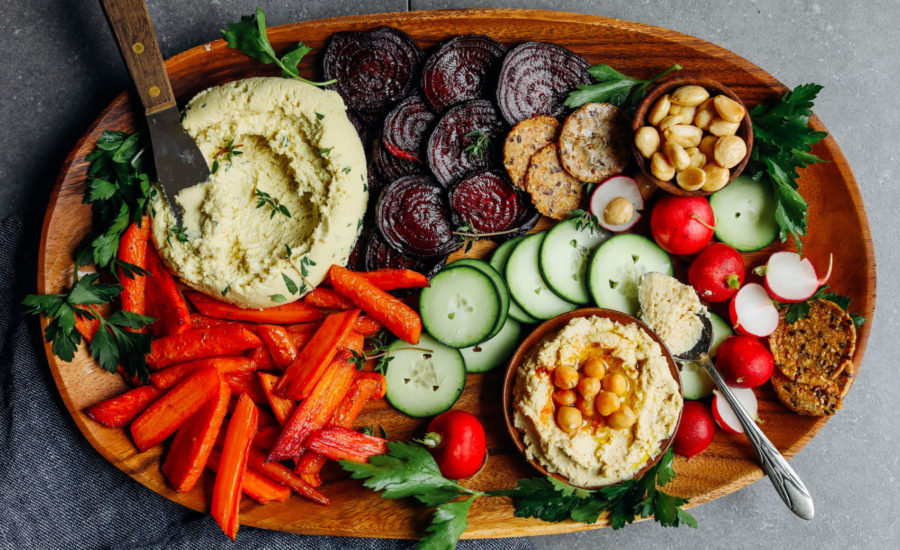
Poor diet choices account for at least 30% of cancer, making diet second only to tobacco as a preventable cause of cancer.
Luckily, switching to a plant-based (vegan/vegetarian) diet has many cancer-preventing benefits. Eating as little as 2.5 cups of fruits and vegetables a day can significantly reduce the likelihood of developing cancer. Here are few healthy diet tips that can help reduce your risk:
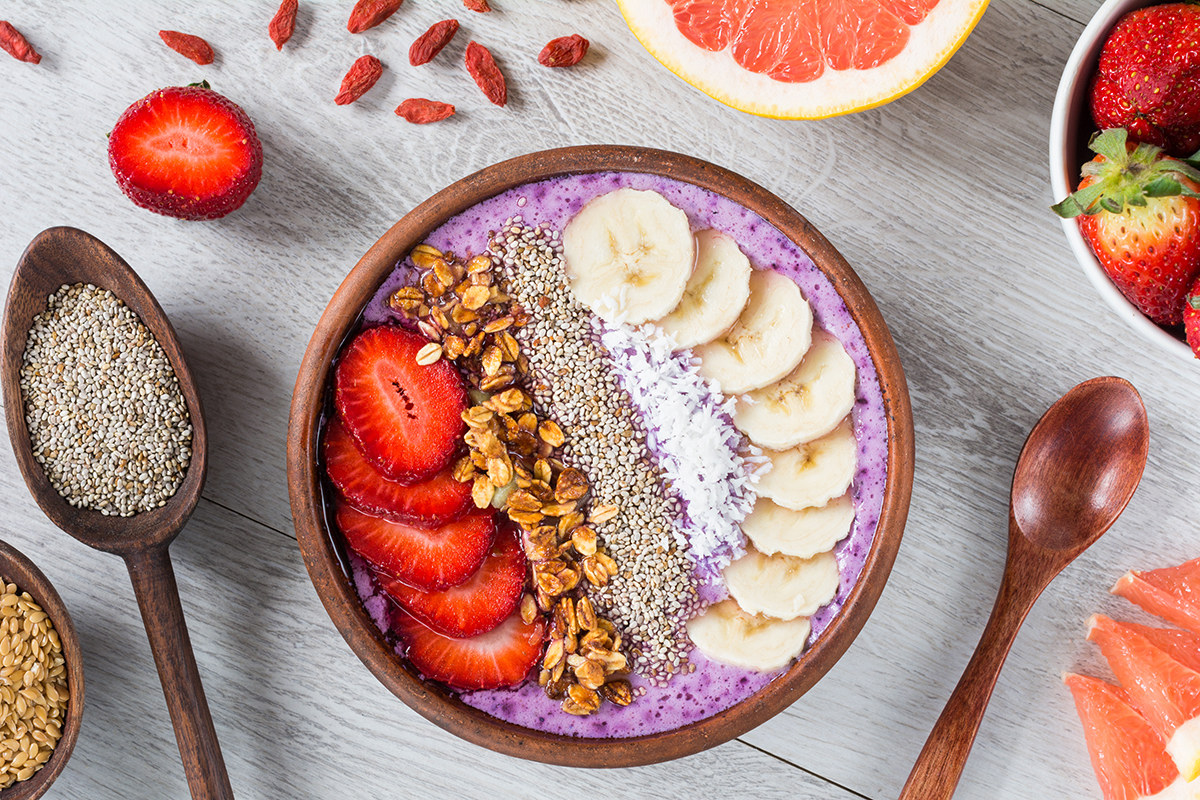
Eat Less Meat
The World Health Organization has classified processed and red meats as likely carcinogens (cancer causing substances). Eating just 50 grams of processed meat a day increases the risk of colorectal cancer by 18%. That’s the equivalent of about 1 hot dog or 4 pieces of bacon.
Unfortunately, Americans are predicted to eat a record breaking amount of meat this year. According to the USDA, the average person will eat almost 10 ounces of meat each day in 2018. That is double the nutritionally recommended amount.
To improve your meat-eating habits, the American Cancer Society recommends:
- Minimize eating processed meats (like bacon, sausage, lunch meats, and hot dogs).
- Choose fish, poultry, or beans instead of red meat (beef, pork, and lamb).
- If you eat red meat, choose lean cuts and eat smaller portions.
- Prepare meat, poultry, and fish by baking, broiling, or poaching rather than frying or charbroiling.
See our articles about processed meat and red meat for more health facts and cooking tips to make your meat consumption safer.
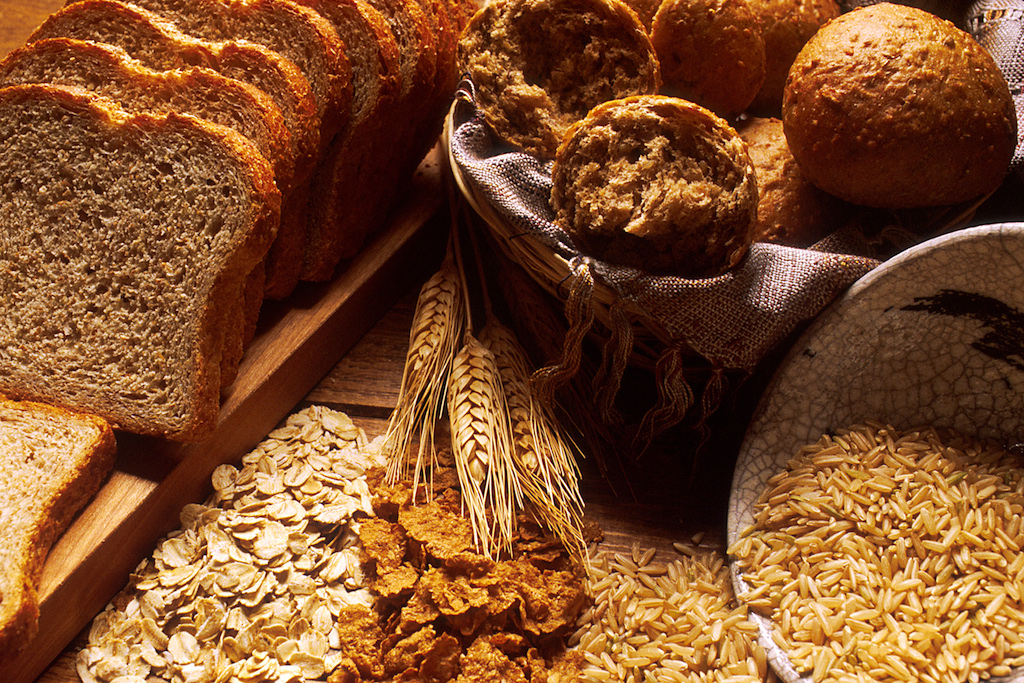
Limit Sweets & Simple Carbs
While there is currently no direct link between sugar and cancer, there are a couple indirect ways it can increase your cancer risk.
The high insulin levels cause by processed and refined sugars (like candy, syrups, and soft drinks) can potentially lead to colon cancer.
Eating a lot of high-sugar foods can also lead to consuming more calories than you need, becoming body fat. Being overweight has been linked to increased risk of many common cancers.
For healthy alternatives, The American Institute for Cancer Research recommends:
- Use whole-grain breads, pasta, and cereals (such as barley and oats) instead of those made from refined grains
- Limit your intake of refined carb foods (like pastries, candy, and sugar-sweetened breakfast cereals)
- Use brown rice instead of white rice
- Drink flavored sparkling water or unsweetened tea instead of soda
- Use cinnamon or cocoa in your coffee beverages instead of sugar
- Opt for healthy snacks like nuts, fresh or dried fruit, or whole grain crackers instead of sugary snacks
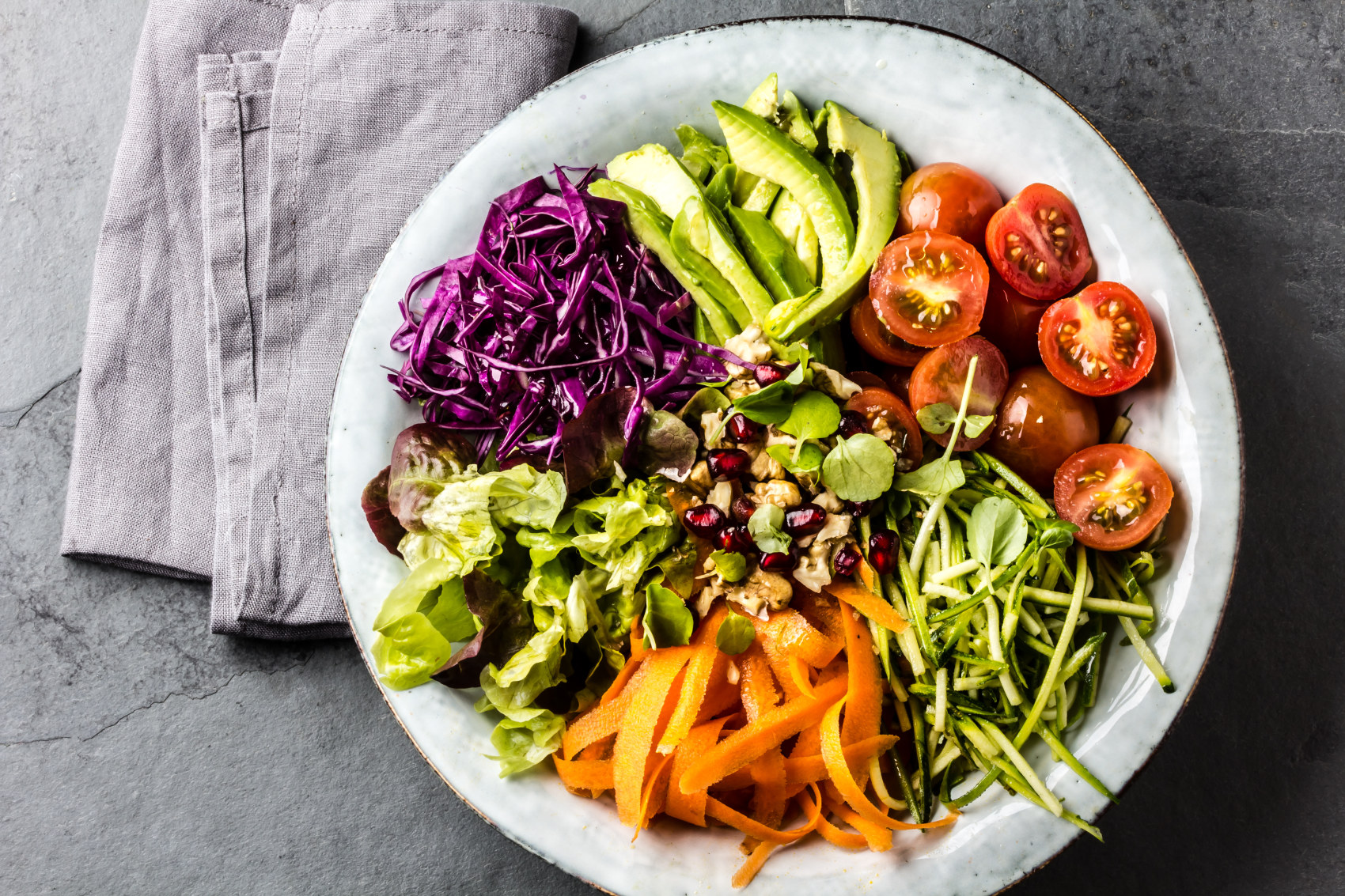
Vegetarian and Vegan Diets Have the Lowest Cancer Risk
Starting a plant-based vegetarian or vegan diet can greatly reduce your cancer risk. Vegetarian diets are completely meat-free, while a vegan diet excludes both meat and animal products (like, eggs and milk).
Studies have found:
- Vegetarians (when compared to meat-eaters) experienced a lower risk of developing digestive cancers (esophagus, stomach, colon, liver, small intestine, pancreas, and gallbladder).
- Vegans (when compared to vegetarians) have an even lower risk of all cancers, especially female-specific ones (like breast, cervical, and ovarian cancers).
The fiber, antioxidants, and phytochemicals found in fruits and vegetables are linked to lower rates of cancer diagnosis and recurrence. A variety of fruits, veggies, and whole-grains used in plant-based diets contain phytoestrogens, which are nutrients that may help reduce cancer risk.
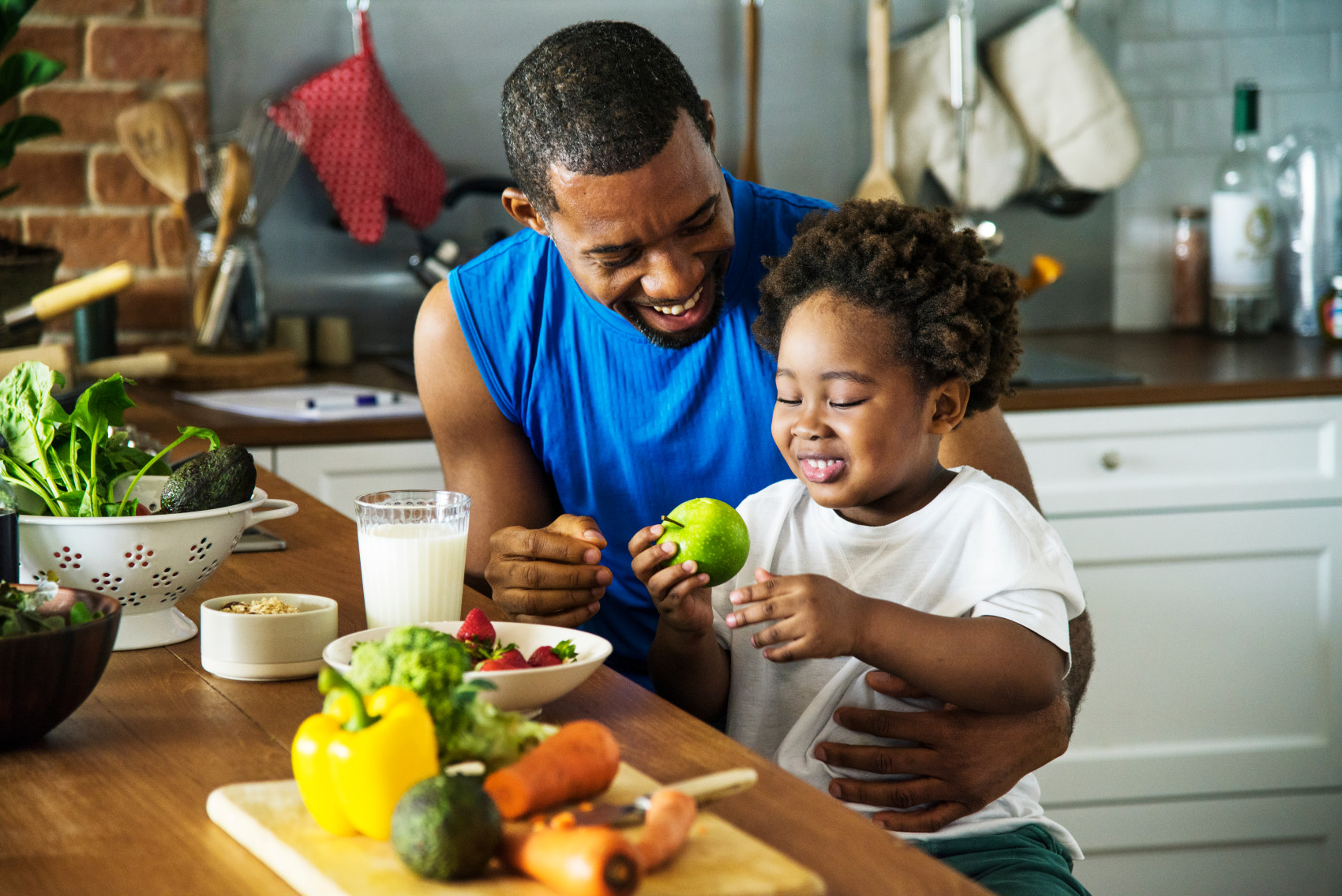
A Good Diet is the Key to a Healthy Life
Your diet plays a very important role in your health and the risk of developing several illnesses, including cancer. Research shows that the best way to protect your health is by practicing a diet rich in fruits, vegetables, and whole grains and low in sugar and red/processed meat.
The nutrients from your diet act as a shield protecting your cells from damage. They also help regulate health indicators like blood sugar and cholesterol levels. Following a healthy diet (together with regular exercise, low alcohol consumption, and not smoking) will help increase your chances of a healthier and cancer-free life.


